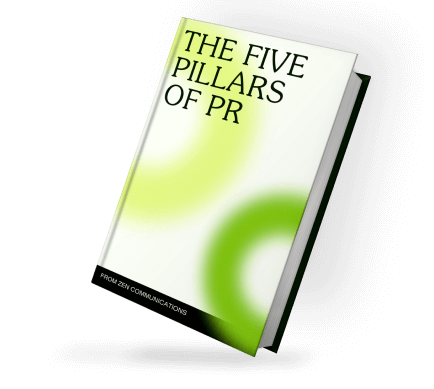Free e-book download click to download the first two chapters of ‘The Five Pillars of PR’
Whether we like it or not, our language is changing. There’s approximately one new word created every 98 minutes – that’s about 14.7 words per day. Around 1,000 of these are actually added to the Oxford online dictionary each year, with words getting removed or labelled as ‘obsolete’ on a regular basis too.
The latest additions to the Oxford Dictionary include: ‘Autotune’, ‘Crowdfunded’, and ‘Photobomb’ – you may have used or heard them used before, but if you haven’t, you may soon find them a regular part of your communication (along with other recent additions, such as ‘selfie’ and ‘twerk’…).
For the grammar pedants out there, it may be a little hard to accept language as a moving thing, with many traditional phrases and words still being grasped onto in the hope of keeping history and the language of their ancestors alive (maybe a little exaggerated, but you get the gist).
The thing is, for those that are trying to keep old language alive – and they are rightly passionate for doing so – they are most likely going to need to use one of the newest additions at some point in their lives. Why else would they be added, if they aren’t already being used now?
With trends, fashion, technology, science and pop-culture changing continuously, dictionary compilers search through various platforms to see which words are being used most and in what context so they can define their meanings, and put forward those they think should be added to the dictionary.
When Shakespeare couldn’t find the words he was looking for, he invented them instead. At the time, I’m pretty sure that people didn’t like what he was doing. But do you know what? He actually introduced some of the best words to the English language, including fashionable, gloomy, tranquil, birthplace, advertising, excitement… the list goes on!
Our question to you is, if you could create a word, what would it be and mean?


Free Download